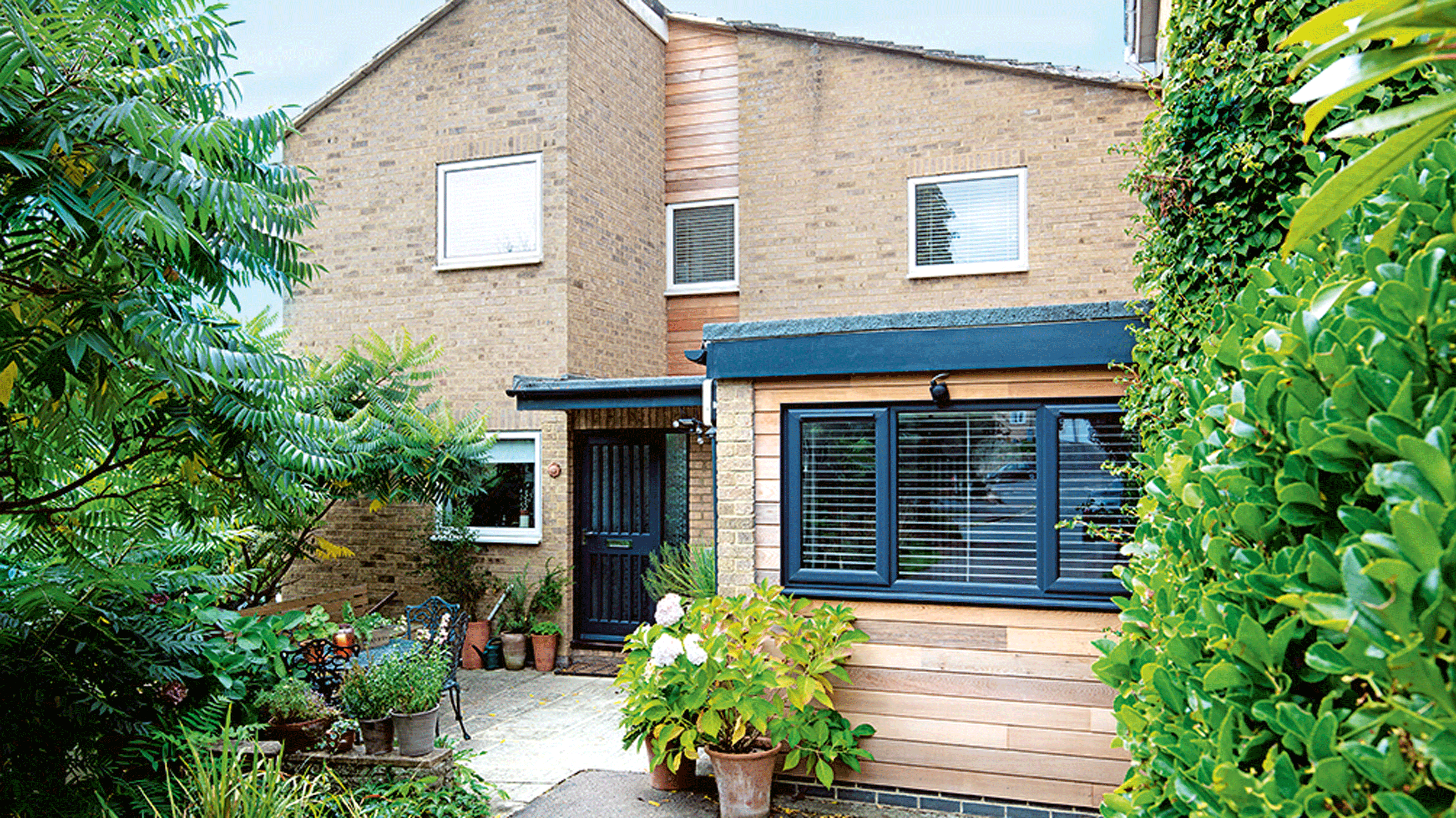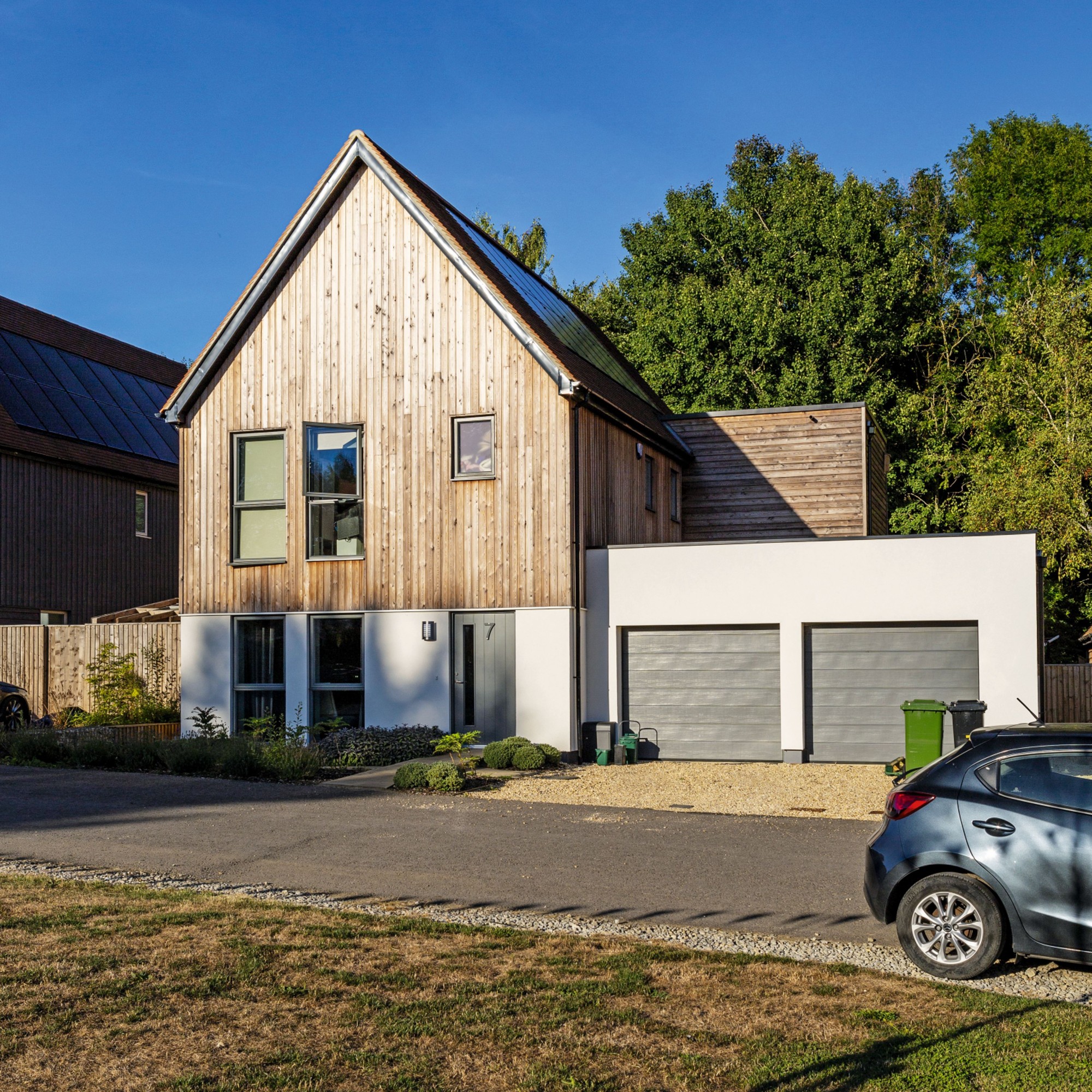Remortgage checklist - everything you need to know if your fixed rate is coming to an end
Need to remortgage this year? Use our checklist of things to do and what to avoid so you don’t miss out the best rate

It’s an anxious time for any homeowners due to remortgage this year. The Bank of England's base rate has just hit 5%, the highest level in 15 years, increasing the cost of borrowing, especially when it comes to mortgages.
But if your current mortgage deal is coming to an end, don’t adopt a wait and see approach, hoping rates will fall before you need to renew your deal. Remortgage rates may stay high, increase further or worse still, if you’re unprepared, you could wind up paying your lender’s standard variable rate.
Richard Campo, founder of broker Rose Capital Partners, says: ‘I’m seeing couples who face around a 50% increase in their monthly payments when they remortgage from sub 2% five year fixed rates to more than 5% today. But if they end up on the lender’s standard variable rate, they’ll be facing an 80% increase instead.’
To make sure you’re ready to reserve the best deal, read our six-point remortgage checklist and six things to avoid before your deal expires.

1. Prepare at least seven months early
The remortgage offer, your lender’s formal agreement to give you a remortgage at a specific rate, is only valid for six months. So there is little point in starting the remortgage process any earlier. But it's important to be prepared to make the most of this six-month window and secure the best deal possible.
Richard Campo adds: ‘My top tip for remortgagers is to prepare for your remortgage more than six months before your deal expires. If you have all your documents ready on day one of the six-month countdown to your current deal’s expiration date we can reserve the best rate for you on that day. If rates drop in the meantime your broker will switch you to a cheaper deal. If rates rise, you’re shielded from the increase. It’s a win win.'
2. Use your current lender’s rates as a benchmark
Your existing lender will offer you a ‘product transfer’ rate in the six months leading up to the end of your current deal. This means you can switch to a new rate without being credit checked as long as you are not increasing your loan amount or changing the mortgage term. Don’t accept it straight away.
Sign up to our newsletter for style inspiration, real homes, project and garden advice and shopping know-how
Ask a mortgage broker to compare it against other lenders’ rates. You can also use our sister site Go.Compare. Your current lender's rate is there to fall back on if it cannot be beaten.
3. Order your credit report
Order a copy of your credit report to double check there are no payment history blips. You may be unaware that you’ve accidentally missed a payment or you might want to query an entry on your report. You can use the likes of Experian, Equifax, TransUnion or Credit Karma to get your credit report.
If you’re not on the electoral roll, make sure you sign up to boost your credit score. It'll make you a much more attractive borrower.

4. Get a valuation
Your home may have gone up in value since you took out your last mortgage deal, which means you could unlock cheaper deals. Lenders don’t always carry out a valuation for a remortgage so do your own research to make sure you get the best rate.
5. Keep your unsecured credit low
Lots of credit card debt, personal loans or car finance and leasing agreements make lenders nervous and you may be declined for the best rate. Pay off or reduce as much of this debt as possible, and certainly don’t take out more ahead of your remortgage.
6. File your latest tax return if you're self-employed
James Miles, director of brokerage The Mortgage Quarter, said: ‘Even though the last tax year has only just ended, mortgage lenders are really scrutinising the affairs of the self-employed so they’ll want to know how you’re business is doing. Don’t wait for the 31 January deadline to file your 2022/23 tax return, actively take control and submit your accounts now.'

6 things that can slow down your remortgage application
- Incorrect address on your driver’s licence. This will stop you from using your driver’s licence as identification until it’s updated.
- Not knowing your login details for your employer’s HR hub to download your latest payslips. If you’ve lost them, it may take time to request new details. Likewise, make sure you know how to download your bank statements to send them by email to your broker.
- Having an out-of-date passport. To be used as proof of identity, your passport must be in date. A renewal can take up to 10 weeks.
- Taking out a payday loan up to 12 months before your remortgage. Even if the loan has been repaid in full and no payments were missed, a payday loan suggests you cannot manage your finances and will put lenders off.
- Making significant changes before your remortgage completes. ‘Don’t do anything to rock the boat before your remortgage goes through,’ said James Miles. ‘Don’t apply for any more credit, move jobs or go self-employed.’ Lenders reserve the right to do spot checks before your remortgage completes so don’t get caught out.
- Using the free solicitor offered by the lender. The service can be slow. Use your own trusted solicitor instead.
Samantha Partington is a personal finance journalist specialising in mortgages and the property market.
Over the past nine years, Samantha has worked for the Daily Mail, trade website Mortgage Solutions and business title Property Week. She regularly writes for national money pages including Money Mail and Sun Money and supports prop tech firms with content writing.